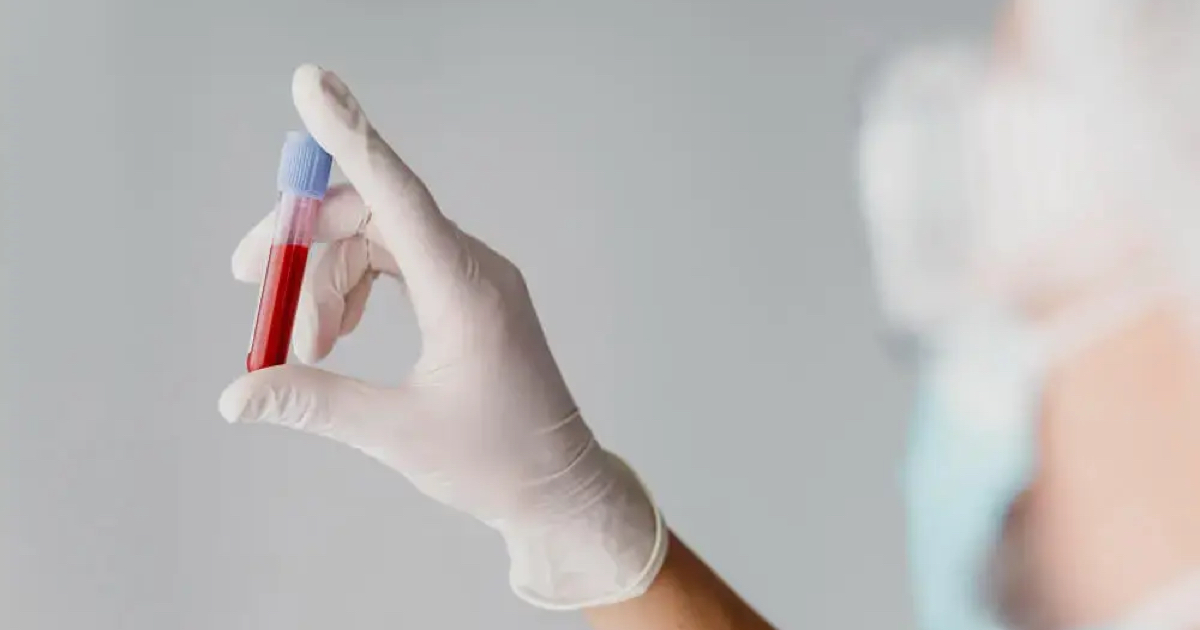Necessity of Blood Tests
Many views hair transplantation primarily as an aesthetic procedure, but it is important to recognize that it is still a medical surgery with associated risks. Blood tests are a crucial part of the preoperative assessment, ensuring that the patient is fit for surgery and helping to identify any potential complications in advance. These tests are typically conducted the day before surgery, allowing time for any necessary adjustments to the treatment plan.
Key Blood Tests Recommended
Complete Blood Count (CBC):
- Purpose: Provides detailed information about different blood cells, including red blood cells, white blood cells, and platelets.
- Importance: Detects conditions like anemia or infections that could impact healing and the body’s ability to manage surgery.
Bleeding and Clotting Time Tests:
- Purpose: Evaluates how quickly the blood clots.
- Importance: Critical for preventing excessive bleeding during and after surgery, especially for patients with clotting disorders.
Liver Function Tests:
- Purpose: Assesses the liver’s ability to process medications used during and after surgery.
- Importance: Ensures the liver can handle anesthetics and painkillers, which are crucial for the success of the procedure.
Kidney Function Tests:
- Purpose: Checks kidney health.
- Importance: Ensures the kidneys can effectively eliminate drugs used during surgery, possibly requiring medication adjustments for patients with kidney issues.
HIV and Hepatitis Tests:
- Purpose: Screens for HIV, Hepatitis B, and Hepatitis C.
- Importance: Vital for the safety of both the patient and the medical team, as these conditions could influence the surgical approach and treatment plan.
Blood Sugar Levels:
- Purpose: Measures glucose levels in the blood.
- Importance: Especially critical for diabetic patients, as uncontrolled blood sugar can affect wound healing and the overall success of the transplant.
Thyroid Function Tests:
- Purpose: Evaluates thyroid gland function.
- Importance: Thyroid issues can influence hair growth and overall health, which in turn affects the success of the surgery.
Screening for Autoimmune Diseases:
- Purpose: Identifies autoimmune conditions.
- Importance: Certain autoimmune diseases can affect hair growth and the feasibility of the surgery.
Conclusion
Undergoing these blood tests before hair transplantation is not merely a formality but a vital step in ensuring the safety and success of the procedure. These tests allow surgeons to tailor the procedure to the patient’s specific health profile, prepare for any potential complications, and optimize overall outcomes. Consulting with healthcare providers is essential to determine which tests are necessary for each individual case.
This summary combines insights from the three articles, highlighting the importance of comprehensive pre-surgical assessments in hair transplantation.
This site has been prepared to inform people and does not provide health services. The information on the site should not be used in the diagnosis and treatment of patients in any way. All responsibility arising from the use of the site content for diagnostic and therapeutic purposes belongs to the visitor. Visitors to this site are deemed to have accepted these warnings. The medical information, diagnostic and treatment equipment used is changing rapidly. A knowledge, method or tool can be abandoned in a very short time. In addition, there may be different techniques, information and different applications to achieve the same result in medicine. The determining factor in diagnosis and treatment is the doctor's personal experience and abilities. It is possible to have different views on the same subject. Since the information on the site cannot be updated every day, every information should be checked by the visitor in consultation with his doctor. This site is not for advertising purposes, it is just to inform visitors.


